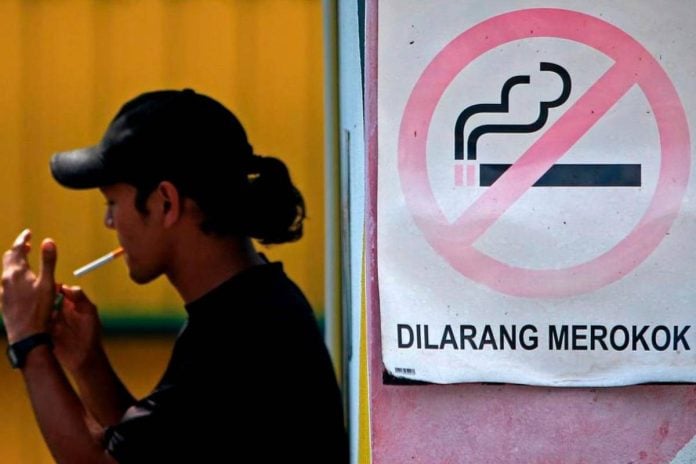PETALING JAYA: The Social and Economic Research Initiative (SERI) has called on the Malaysian government to implement tobacco tax increases in the upcoming Budget 2026, arguing that current tax levels have remained stagnant for over a decade, making cigarettes increasingly affordable relative to rising incomes.
In a press statement released on Tuesday, SERI senior researcher Muhammad Daniel Kittu emphasised that tobacco taxes have not increased since 2015, during which time inflation and GDP per capita have risen significantly.
The think tank argues this has made tobacco products more accessible to consumers despite their health risks.
SERI directly challenged opponents who argue that higher tobacco taxes will fuel illegal cigarette trade.
The organisation contends that weak enforcement, not taxation levels, is the primary driver of illicit tobacco markets.
“The main driver of the illicit trade of cigarettes is weak enforcement, not taxation levels,” he said.
SERI cited research from Universiti Putra Malaysia supporting higher tobacco taxation as an effective tool for reducing smoking rates without significantly increasing illegal trade.
The think tank provided international examples to support its position, noting that Vietnam saw its illicit cigarette share drop from 20.7% in 2012 to 13.7% in 2017 despite tax increases.
Similarly, the Philippines maintained similar illicit market levels in 2018 compared to 1998 (around 16%) despite implementing tax hikes under the Sin Tax Law since 2013.
SERI proposed that increased tobacco tax revenue could fund enhanced enforcement efforts.
According to the organisation’s calculations using the Tobacco Atlas cost recovery and revenue estimator, a RM5 tax increase per cigarette pack would generate an additional RM1.2 billion in revenue.
“The choice is not either enforcement or taxation; both are necessary and complementary,” Kittu stated, arguing that strengthening enforcement requires resources that higher tobacco taxes could provide.
Addressing concerns about tobacco taxes being regressive, SERI argued that such policies actually benefit lower-income groups most. The organisation cited World Health Organization studies showing that the poorest 20% of households experience the largest declines in smoking after tax increases, as they are most likely to reduce consumption or quit when prices rise due to limited disposable income.
SERI criticised selective use of international examples by tax increase opponents.
The organisation argued that Australia’s recent illicit tobacco market growth resulted from enforcement weaknesses rather than high taxes, noting that illicit cigarettes remained low during tax increases from 2013 to 2020 but surged between 2019 and 2023 when enforcement gaps emerged.
The think tank also dismissed comparisons to Indonesia, where cigarette consumption barely decreased despite tax hikes, explaining that Indonesia’s complex tiered tax structure provides consumers with various affordable options—unlike Malaysia’s simpler excise tax structure already aligned with WHO recommendations.
The call comes as Prime Minister Datuk Seri Anwar Ibrahim has expressed support for expanding pro-health taxes, including tobacco levies.
Health Minister Datuk Seri Dr. Dzulkefly Ahmad has also announced phased banning of vapes, making enforcement funding increasingly critical.
SERI highlighted the urgent health implications, noting that more than 27,200 deaths occur annually in Malaysia due to tobacco use.
The organisation warned that delayed action means continued deaths, increased youth smoking uptake, lost revenue, and greater burdens on the healthcare system and economy.
SERI recommended that Malaysia implement meaningful tobacco tax increases in Budget 2026 with regular adjustments accounting for inflation and income growth, following WHO Framework Convention on Tobacco Control recommendations.
The organisation positioned itself as advocating for evidence-based policies addressing inequality and emphasized the need for immediate action to fund a healthier Malaysia through combined taxation and enforcement strategies.








